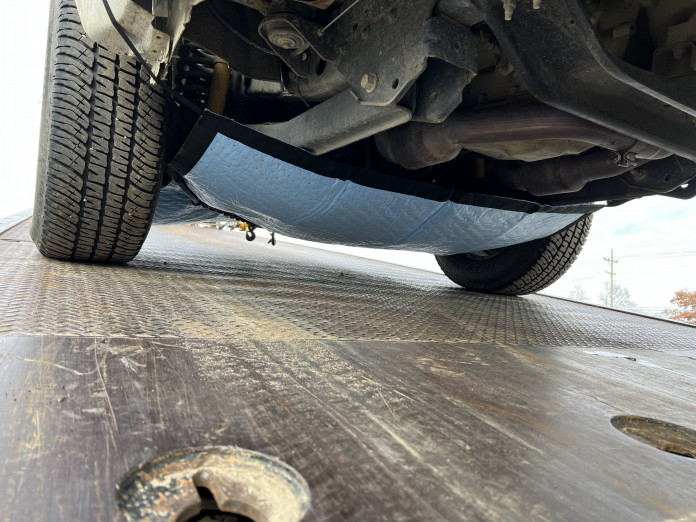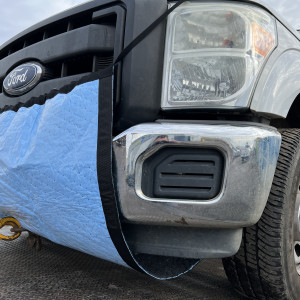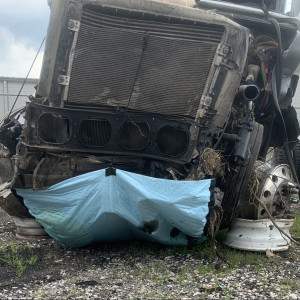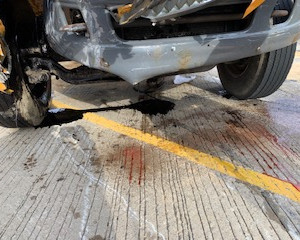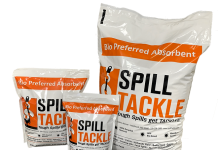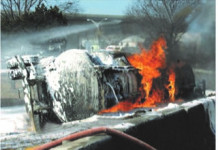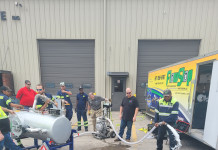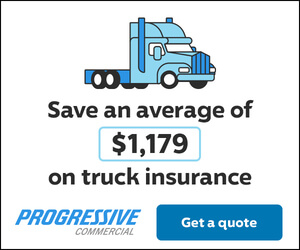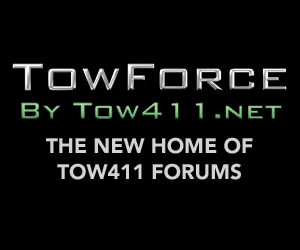Being a provider in the towing industry is a constant hazard on its own; working long hours in treacherous conditions, risking our safety to provide safety for others. It is never a 9-5 job and calls are always a negative situation. We must promptly adapt to each situation and overcome the job, turning the negative situation into a positive. Our services are rarely appreciated in the aspect to have insurance companies say coverage is denied, our charges are aggressive, and third parties and attorneys can profit from our services. We are the ones who have accepted the liability to provide the service for others. It is our ass on the line. It is up to us to deduce our liabilities and maximize our profits per job. Utilizing Spill Diaper is a way to minimize risk when taking custody of a vehicle, while also adding another line item to the job to pay for continuing services.
When accidents are accepted, we accept the liability while at the scene, and the recovery and transportation of the vehicle while in our custody. The governing agency has called and transferred the liability to us. When the municipality dispatch call for a vehicle accident, they are essentially stating that they have a property damage that needs immediately cleaned up. We drop everything at a moment notice and expedite to the scene. The tow rotation ordinance has already stated that the city nor state is liable for any further injuries once we have gained custody. When controlling an accident scene, we must clear the vehicle, and all contents from the vehicle; being solid debris and liquid debris. We have agreed to this by accepting the “tow rotation” and submitting our memorandum. However, even though we have accepted to clear the scene, we get confined on our rates. Limiting our rates either has us looking at ways to turn our heads and cut corners on the job or add other line items to maximize profits from each call. We are not a paid by the city, state or federal. We are not municipal. Our rates are justified by the expense of us needing to immediately control a negative situation for others. Turning our heads on spilled or leaking debris only raises our liabilities while lowering our profit margins.
Each city has a litter control ordinance making it an infraction to “litter” upon a street or highway. In this, “litter” is classified as anything dropped or deposited from a motor vehicle that could injure a person or cause a traffic hazard. When we take custody of a vehicle, anything dropping or leaking from that vehicle is our responsibility. A secondary accident caused from anything dropped or leaking from that vehicle is then our liability. Allowing these fluids to drip and leak could be classified as negligence on our side. If the vehicle is leaking, placing a Spill Diaper on a vehicle at the accident scene would limit the liability of allowing a vehicle to leak fluids from an accident scene back to the drop facility. This is a mitigation to property damage and would fall under the vehicle’s liability insurance. This mitigation is mandatory under each city’s “litter ordinances”, each state’s, “Litter Control Act”, and the Federal Clean Water Act; limiting contamination.
With all of this justification, majority of leaking cars are still towed onto lots, allowing properties to become contaminated while diminishing property values. Make it your policy to not allow leaking vehicles onto your property without a secondary containment. Make it your policy to not contaminate repair shops and collision centers by dropping leaking vehicles onto their properties. This policy professionalizes your company and keeps your property an asset versus liability.
If you are a company under a rotation contract who has a regulated memorandum; unable to charge for limiting your liabilities, have a discussion with your city or state authority about your liabilities at the scene. Explain to them about the statutes that make it mandatory for you to clean the scene and not allow vehicles to leak while in your possession. Set a rate that is justifiable for you and your department to place a secondary containment on breached containers, and not let vehicles leak while in your possession. Control the negative situations and generate a profit simultaneously. Look at the future and keep your property an asset versus a contaminated liability.
For more information call (217) 712-0357 or visit www.spilldiaper.com.

